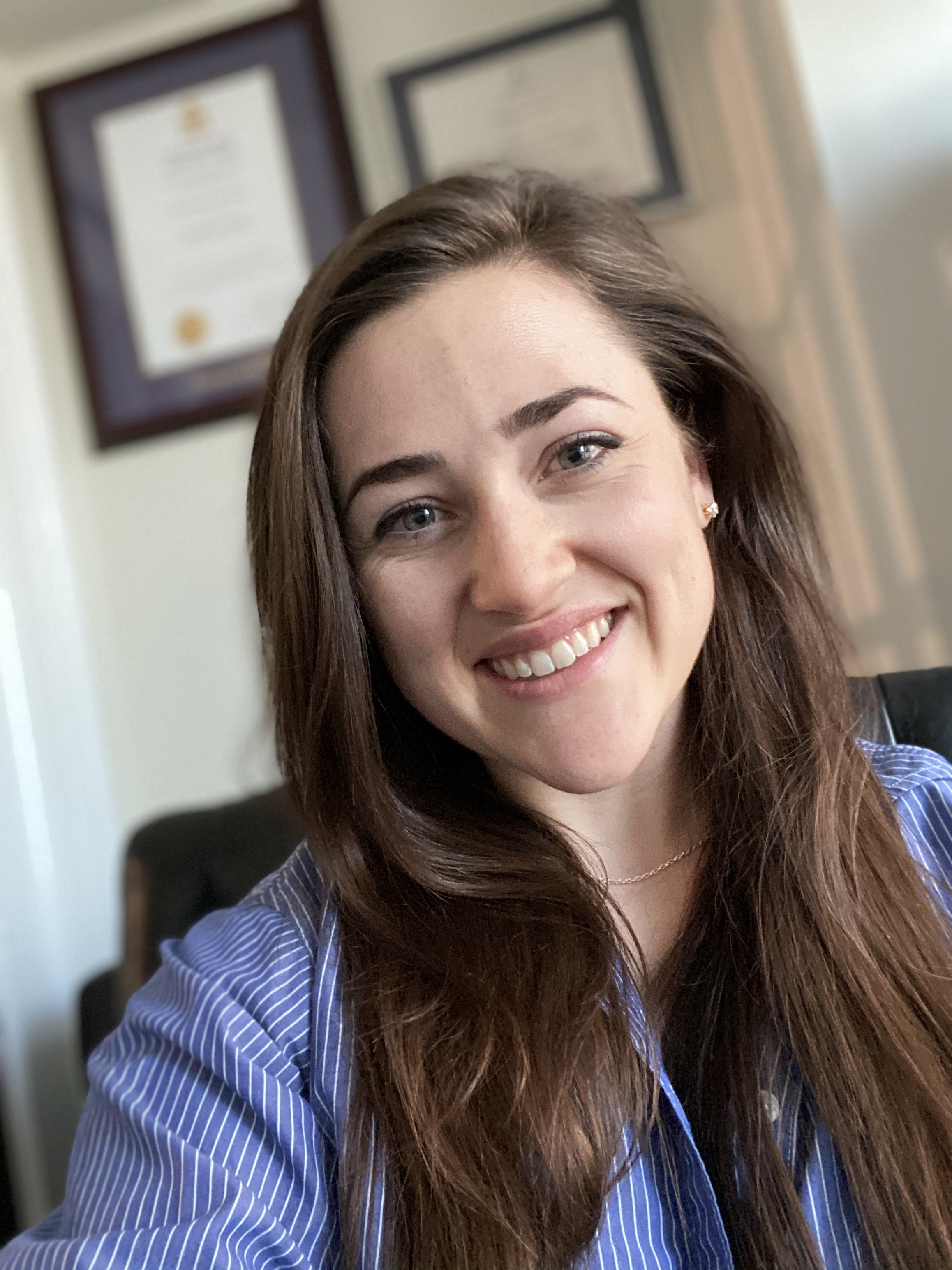Meagan's Career Story
French
Meagan Noble, BA(Kin), BScN, MN-CSRS, NP-Adult
Nurse Practitioner, Pikangikum, First Nations and Inuit Health Branch, Indigenous Services Canada
Adjunct Lecturer, Lawrence S. Bloomberg Faculty of Nursing, University of Toronto
Toronto, ON | @meaganjuliee
What is your name?
Hi, my name is Meagan Noble.
What do you do for a living?
I work as a Nurse Practitioner in Pikangikum First Nation for Indigenous Services Canada. I provide primary health care for a remote First Nation's community with a focus on Indigenous women's health and wellbeing. Outside of my primary employment, I work as an NP in the Emergency Department at the Cape Breton Regional Hospital and as an Instructor Assistant for both the University of Toronto and Dalhousie University Nurse Practitioner programs. Moreover, I am a strong advocate and member of the Canadian Women's Heart Health Alliance to assist in developing and disseminating tools, guidelines, and knowledge about cardiovascular disease in women to remote and First Nations communities.
What is your interest in women’s heart health and what made you decide to pursue a career related to it?
I started to gain interest in women's cardiovascular health after being diagnosed with familial hypercholesteremia (FH) at age 14.
My personal battle of advocating to receive appropriate FH treatment combined with witnessing the knowledge and treatments gaps in women presenting to the emergency department with "non-traditional" chest pain as a Registered Nurse ignited a passion to empower others, by increasing awareness of women’s sex-specific risk factors and symptom presentations of cardiac pain at large.
What was your career path that got you to your current position?
Prior to graduate school, I completed an Honors Bachelor of Arts in Kinesiology from the Western University in 2012 and a Bachelor of Science in Nursing at University of Toronto (UofT) in 2014. During my undergraduate studies, I volunteered on many research projects that concerned bettering cardiovascular outcomes for women (e.g., smoking cessation and relapse prevention in women, exercise in pregnancy). In my early career as a Registered Nurse, I worked with a multidisciplinary team to investigate whether simple, directed changes in the emergency department (ED) triage process for potential cardiac patients could decrease door-to-ECG times and door-to-balloon times. My nursing experience involved working in research, education, step down/intensive care, perioperative care, and both urban and rural emergency departments across Canada. Working rural ED contracts as an RN, prompted me to go back to school to gain more autonomy, a broader scope of practice, and contribute to the rural provider shortage in Canada.
I graduated from the Master of Nursing, NP-Adult program with a Collaborative Specialization in Resuscitation Science at the UofT in June 2021. In my graduate studies, I worked as a research assistant at the Lawrence S. Bloomberg Faculty of Nursing doing qualitative research on evaluating the needs of women with CVD through focus groups and a symptom decision support algorithm to inform women with cardiac pain when to go to the ED. After graduation, I joined the Canadian Women’s Heart Health Alliance (CWHHA) to learn from experts and patient partners and contribute to the development of tools, research, and guidelines to further promote women’s CV health, as women remain understudied and underdiagnosed. As part of the CWHHA, I am currently working on a female-specific chest pain algorithm for earlier recognition of cardiac ischemia in women and a study to describe peer support interventions for women with CVD using an evidence map.
Where do you see yourself in the next 5-10 years?
My hope is to gain acceptance into medical school to broaden my knowledge, skill, judgement, and scope of practice in serving rural communities and promoting CV research in women's CV health. But ultimately, my hope is to still be contributing in meaningful ways to women's CV health, Indigenous well-being, and truth and reconciliation to improve outcomes for all.
What advice would you share with someone in high school (or college/university) looking to pursue a career in women’s heart health?
Get involved! Find your passion and surround yourself with people that support your goals. Being amongst kind, compassionate, and strong women as a member of the CWHHA has made me feel heard and empowered to continue to do this work in supporting women with cardiovascular disease.
Is there anything else you’d like to add?
My favorite quote is: "You can do anything but not everything". Always make sure to take care of yourself along your journey.
Interested in a career in women's heart health?



